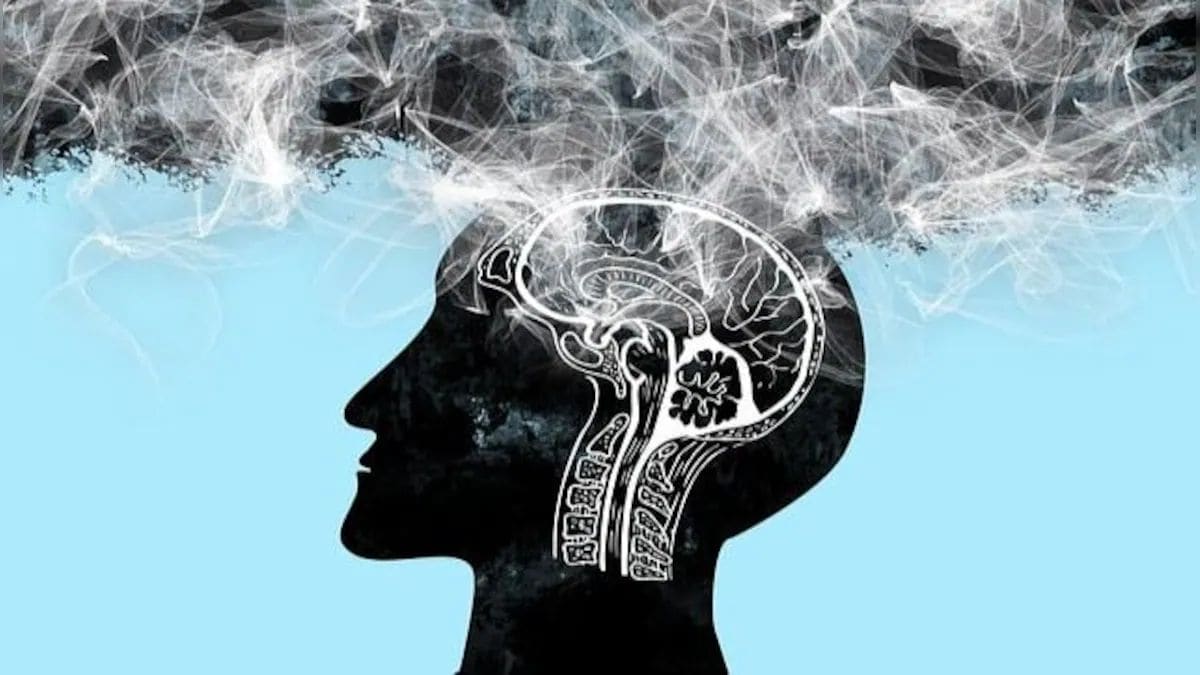Hong Kong writer was born with muscular myopathy, a condition that weakens her muscles and forces her to use a wheelchair for most daily activities. The condition can be life-threatening, particularly during childhood. Her muscular weakness would frequently escalate a common flu into pneumonia because she struggled to breathe or cough properly.
At the age of eight, one of her lungs collapsed, forcing Nesar to stay in hospital for four months. It was during this time, when she buried her head in books, that she found solace in stories about her Islamic faith. Despite living with physical barriers, the 32-year-old Pakistani has refused to be excluded from her community.

Named one 21 ethnic minority public policy advisers in June by The Zubin Foundation, a Hong Kong NGO, Nesar continues her advocacy work to break down the stereotypes that society imposes on individuals with disabilities. “I did not feel at a loss, so I did not want to be treated at a loss. I felt comfortable with my body, and I felt increasingly tired of receiving pity,” Nesar wrote in her first book, Hearts that Remember , published last May.
The book features a collection of 99 poems that honours the 99 attributed names of Allah depicted in Muslim tradition. In an interview with HKFP last month, Nesar said she had cultivated “a habit of trying” from a young age. She took part in her school’s sports day and went swimming at Stanley Beach with her family.
She was “very bad” at sports and her participation would get some “stares,” she recalled, but her parents still encouraged her to try. Nesar’s mother, who quit her PhD studies at the University of Hong Kong (HKU) to care for Nesar, also helped her daughter recognise her potential and ensure that her disability should not preclude her from being part of the community, the author said. Nesar’s willingness to try her hand at different opportunities prompted her to apply for the 2024 Zubin Foundation Diversity List, a directory of people from ethnic minority communities who demonstrated talent and commitment to serve on government advisory and statutory bodies.
“I wasn’t sure if they were familiar with a candidate with a disability. But I have a habit of trying, even when I’m not sure,” she said. Nesar was eventually selected from a pool of 72 applicants to become a potential adviser for the government.
Since 2016, 33 of 122 people on the Diversity List, or 27 per cent, have been appointed to positions on statutory bodies. They were an “underused asset” that could help inform the government on internationalism, Shalini Mahtani, founder and CEO of the Zubin Foundation, said in June. Growing up, the wheelchair-bound Nesar was often treated differently due to the visibility of her disability.
Many people assumed she could not speak or understand what was being said to her, and would talk to people around her instead of to her. It was a “dehumanising” experience, and a common hurdle faced by people with disabilities, she said. Some people went as far as “apologising” for the struggles Nesar faced.
It was as if she had been “greatly wronged,” the author wrote in her second book, Strength From Within , which was released around three months ago. Taking her readers through how she navigated life with muscular myopathy, and the intersection of physical disability and religion, Nesar said she hoped her book could defy misconceptions and encourage people to find hope in spite of the trials in life. “I think storytelling is a way to shatter misconceptions and show that you can think, see, understand, comprehend and engage as a human being,” the writer, who graduated from HKU with a Bachelor’s degree in English Language and Literature, told HKFP.
Nesar’s religion has been central to her work and her journey of embracing physical disability. But practising her faith has not been easy since many religious venues in the city are located in old buildings that are not accessible. The Ammar Mosque and Osman Ramju Sadick Islamic Centre in Wan Chai is one of Nesar’s most frequented places of worship.
But it has multiple flights of stairs behind the main entrance, and Nesar needs her husband, father and brother to lift her over the barrier. There was a need to tackle accessibility issues, Nesar said, not only for those with disabilities, but also the elderly who may not be mobile. Rather than visiting the mosque daily, Nesar said she prays at home.
The writer noted that there were benefits to this solitude, including helping her discover more “narratives” about herself and sparking the creative juices for her poetry. “When you can’t go that often in the community and you want a spiritual life, you are pushed to reflect,” she said. With a third book in the planning stage, Nesar is also busy with engagements concerning disability and empowerment in the Hong Kong community.
The city should encourage communities of different racial and religious backgrounds to come together and identify the unique struggles faced by their disabled population, the writer said. It may be difficult for a small community to figure out solutions to accessibility on their own, but learning from other communities and fostering useful connections could help, Nesar said, “When engaging in disability, don’t just focus on disability alone, but the intersection of disability, race and faith..
. We have to look through different angles and promote collaboration between different communities,” she said. Support HKFP | Policies & Ethics | Error/typo? | Contact Us | Newsletter | Transparency & Annual Report | Apps Help safeguard press freedom & keep HKFP free for all readers by supporting our team.

















